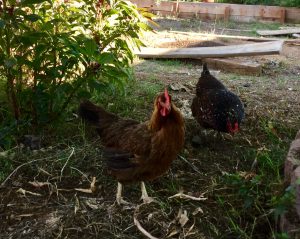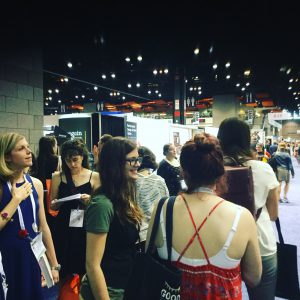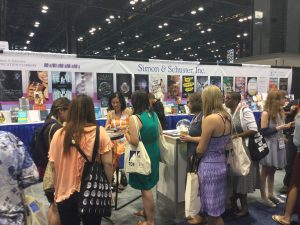I’ve just been reading Fly Me, which among other topics touches on women’s roles in the early 1970s. The story of a flight attendant (“stew”) living in Sela del Mar California in 1972 who gets caught up in drug smuggling and hijacking, this book has gotten some good press (it was one of Publisher’s Weekly’s Best Summer Reads this year) and I thought it sounded interesting.
I hated it.
I hated it for a number of reasons. Many of them fall into the “this one was not for me” category, but the biggest one has to do with authenticity of voice. I found Suzy (the protagonist) completely unbelievable.
One of the themes of Fly Me has to do with Suzy wanting to be in the driver’s seat – to take charge of her own existence. Anecdotes about Suzy’s time at Vassar, particularly her last semester (taken at Yale in the spring of 1972), are a strand of this larger storyline.
Vassar went co-ed in 1969, during what would have been Suzy’s sophomore year. This fact is, so far as I can tell, never once mentioned in Fly Me. I hated this book so much that I might have missed something in my rage, but if this particular point, given the overall story, was made at all it was made in passing, which makes NO sense given that it was this decision that allowed Vassar students to complete their degrees elsewhere…and given that there would have been men enrolled at Vassar for 3 out of the 4 years Suzy spent there.
There *is* space devoted to Suzy’s rationale for spending her last semester at Yale (although it also gets things wrong; to casually call Yale Vassar’s “brother school” given the issues that followed the Vassar-Yale study of 1967 seems nuts to me; and I don’t think Yale was one of the 12 colleges that were involved in the formal transfer program Vassar set up, but I could be wrong). Even giving the author the benefit of the doubt here, Suzy’s ability to go to Yale for a final semester would have rested on the decision of Vassar to go co-ed, so it’s odd that this is never mentioned.
This might seem like the kind of nit-picky detail that only someone who happens to know the history of coeducation at Vassar would be bothered by, but the coeducation debate at Vassar (and by extension at the other Seven Sisters) is an awfully big fact to leave unsaid – it was as much a part of the 60s and early 70s landscape as were all the other little historical “cameos” in Fly Me, and it would have been much more so for a student who attended Vassar and chose to finish at Yale. All single-sex colleges of the time were grappling with their futures. The idea that a Vassar student would go to Yale for a final semester in 1972 without any reference to these issues (beyond a passing “oh, if I’d entered college in ’69 instead of ’68 I could have gone to Yale!”) stretches credulity past the breaking point.
This exclusion is even more critical given Suzy’s failures while at Yale. These failures cause her to believe she can’t “cut it with the very best anywhere, even at a place with boys.” It thus sets up the idea that Vassar, and women’s colleges more generally, are inferior to Yale, and by extension men’s/coed colleges. I don’t think this is necessarily inauthentic – some people did (and some still do) think that way – but to put such an idea into the book without exploring it further is problematic to me.
The misrepresentation of this particular period of Vassar’s history is presumably an accident; I’m guessing the author just didn’t do the research (based on this interview, it seems he himself thinks no smart woman going to college in 1968 would ever have chosen Vassar over Yale if she’d had the opportunity to choose Yale, so I’m guessing he doesn’t know much about Vassar beyond the stereotypes from the earlier 1960s). But it is one example of many of how I found Suzy’s story to sound not like that of a young woman in 1972, but like that of a young woman in 1972 as imagined by a young man in 2017.
Updated to add: I found this review from LA Review of Books, and while the reviewer appreciated Fly Me much more than I did, she agrees with me about Suzy’s unbelievability and (to a lesser extent) about the book’s prose, which I didn’t mention here but I also found problematic.
I have yet to find a review that points out the misrepresentation of Vassar in 1972 though…please let me know if you do find one, or if you find evidence that I missed something in the book itself!





